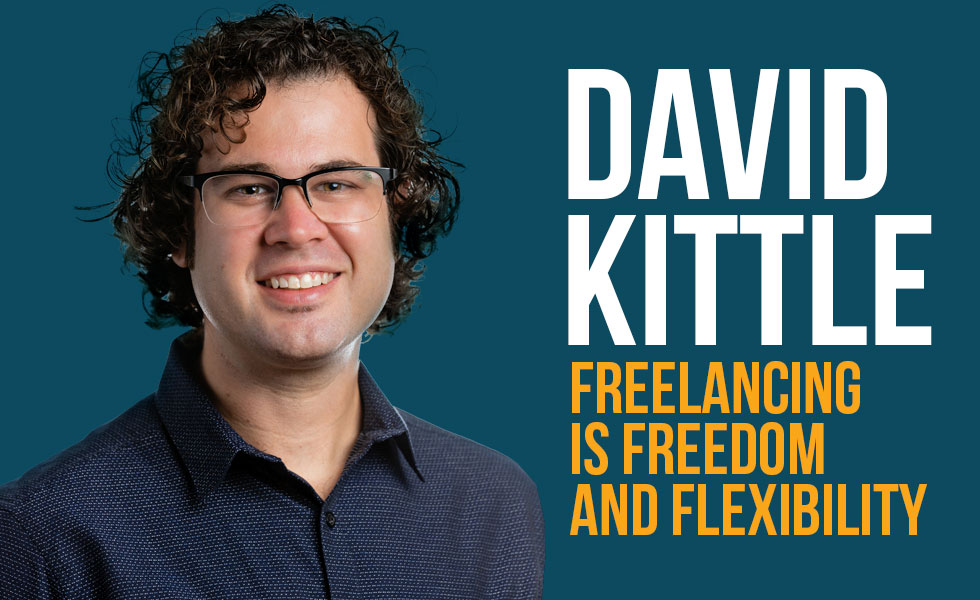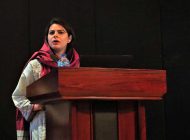The freelance lifestyle is becoming a popular way of life for a growing number of people around the world. The reasons why someone wants to become a freelancer are various, from a simple need for work and earnings, to a desire for freedom and a better management of one’s own time. What most freelancers have in common is the pursuit of success. Although the definition of success is different for different people, the desire to be a professional, do a quality job, make a good relationship and communication with the client, as well as good earnings are common to all. Although money in itself is not a goal, it is a good motivation. That is why the advice of every successful freelancer is useful and inspiring.
David Kittle, product designer & industrial designer, owner of Endeavor Design Studios (www.endeavordesign.com), decided to share the thoughts, tips, strengths and weaknesses of a freelance lifestyle. He is a Top Rated freelancer on the UpWork platform, with earnings of 1M +.
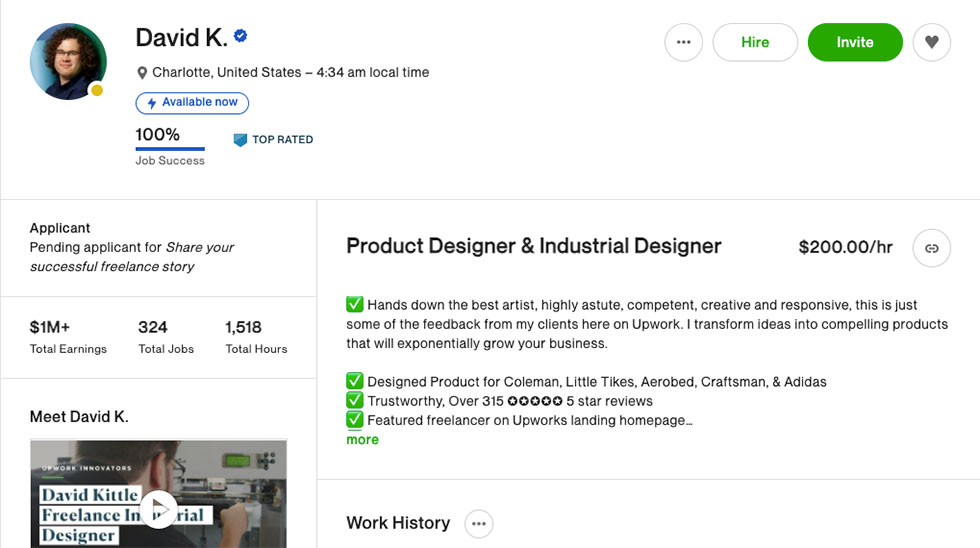
ND: When and how did you get the desire to become an industrial designer?
DK: It all started in the 3rd grade actually. I won an invention contest called “Invent America”. I won that school competition and that started my love for inventing and design.ND: Most teenagers have an idol they admire. Did you have such a person as a child who influenced your decision to become an artist?
DK: Not really honestly. Ha-ha.ND: You are married and have two children. How has your freelance life affected your family life?
DK: We are so lucky to be able to see each other all the time. It’s definitely been a blessing. I’m actually the group leader for UpWorks family group which is a group to share about our experiences as freelance family’s.ND: How important is family support in freelance work? Or perhaps personal desire for success is more important?
DK: I owe all my success to my wife. She was behind me 100% and helped me make the jump to full-time. I specifically remember her saying. “Do it. If it doesn’t work, then you can get another job.” If I didn’t have that kind of support I don’t know if I could have done it by myself.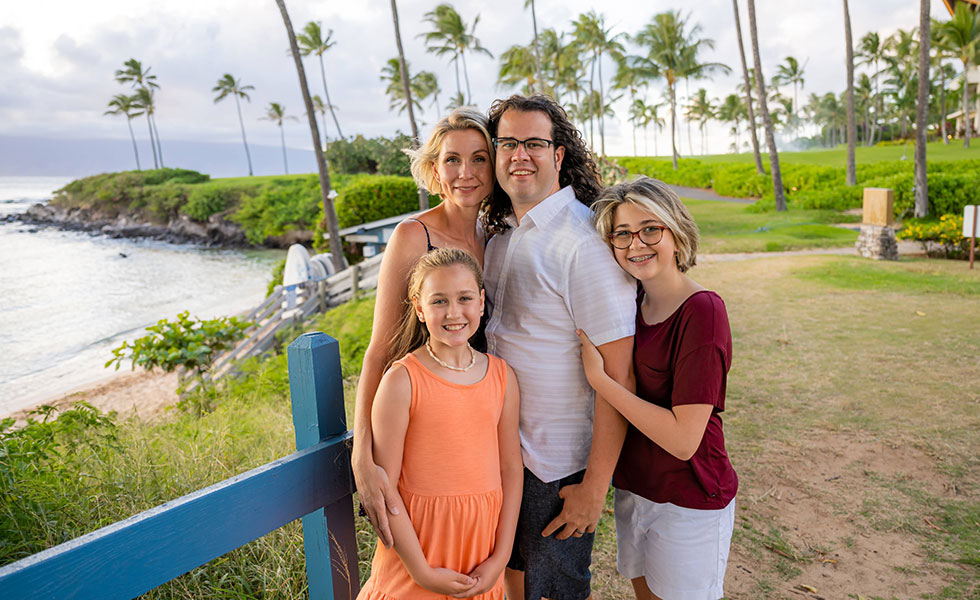
ND: What do you like to do in your free time, do you have any routines or habits?
DK: I love to travel and the outdoors. We are always planning our next adventure. Habits and routines are key. Good habits compound to create great things.ND: Did working 9-5 have an impact on your later freelance career?
DK: Yes, working full-time was a key success in my freelancing career. My fulltime job funded my dream of owning my own business. I slowly worked at it while having the security of a full-time job.ND: What are the biggest benefits of a freelance lifestyle for you?
DK: Freedom and flexibility are the biggest benefits of a freelance lifestyle. Our family homeschools as well so our family is super fluid and can really do anything we want.
ND: Have you worked on any freelance platform other than UpWork? If so, what are the experiences?
DK: Yes, I’ve tried a couple of different platforms, however I feel that UpWork provides the most high-quality leads vs the competitors in my industry.ND: Is there any additional reason why you opted for UpWork or was it a random choice?
DK: I started freelancing on Elance as that site was more geared toward professional’s vs Fiver or Odesk. When Odesk and Elance merged and created UpWork I thought of it as a great opportunity instead of a hindrance and worked at differentiating my profile as much as possible to the competition.ND: What are the advantages of a freelance lifestyle for you?
DK: So many… It really is hard to list them all. Freedom, fulfillment, and control are some of the top advantages. Those hold a lot of value vs money honestly.ND: And what are the disadvantages?
DK: Healthcare… I hope in the future we can get some better options for healthcare as freelancers. This is by far the biggest downfall. My monthly healthcare cost more than my mortgage to give you an idea…ND: Many freelancers say that constant work from home tires them and that they occasionally want to go to a shared space or office to work, in order to at least occasionally leave the house. How do you deal with this problem?
DK: I think it comes down to good habits. I work out in the morning every day so I get out of the house to the gym. I take my dogs for a walk after dinner etc. I also talk with my clients all the time vs emailing so that helps as well. I think having a group of freelancers to touch base with daily also helps. It can be a downfall for some people however I have a house full of family so there are never any dull moments.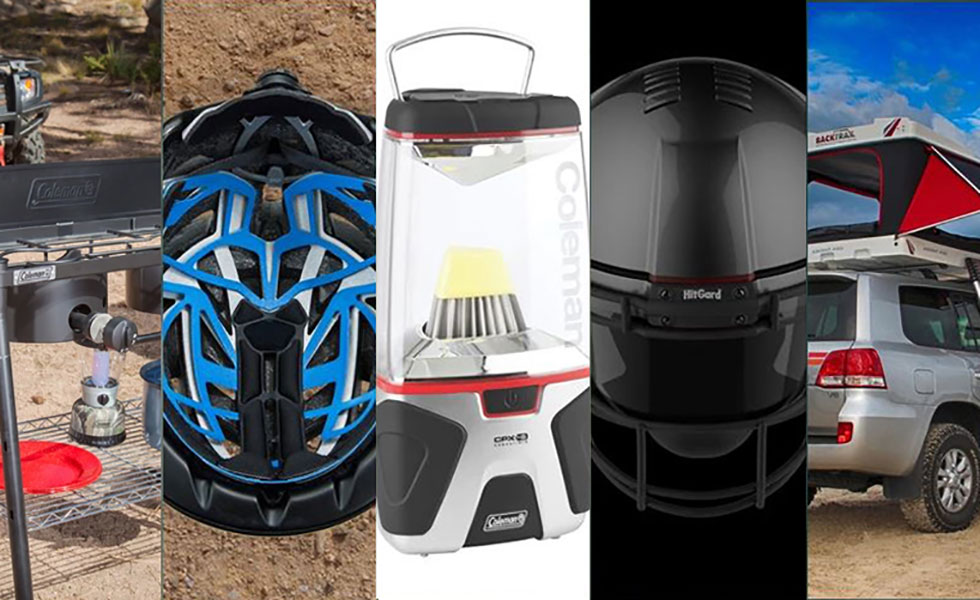
ND: You made over $ 1M on UpWork. How long did it take to get to that figure?
DK: Every time I hear this, I get surprised. Where did all that money go? Ha-ha. So that’s lifetime billing so I’m not actually sure when that started and if it includes Elance for example. So, I don’t really know…ND: Many psychologists claim that it is necessary to have a clear goal for success. At the beginning of your career, did you set yourself the goal of earning more than $ 1M?
DK: I’m a big into goal setting. I had goals, but not about money. My goals were to be able to have my own business, to be able to work from home and to just be able to be secure. Money is great, but life is so much more than money. Honestly, it’s not about the money. It’s about the freedom freelance provides.ND: Did you believe you could make more than $ 1M, or did you just dedicate yourself to work and not think about money?
DK: No honestly, I didn’t think about the number. I just focused on creating value for my clients.ND: What fulfills you in freelance work?
DK: I really do love what I do. I love helping my clients turn their dreams into reality.ND: I guess several factors are important for such success. Can you name a few that you think are most important?
DK: Communication, consistency, and expectations are the key to freelancing. If you can excel in those areas, you will be successful. However, those areas are hard! Relationships are difficult both personally and professionally.ND: If you had to single out one characteristic that is most important for the success of a freelancer, what would it be?
DK: Communication is the key to a successful freelancer.ND: Do you believe in success overnight?
DK: Every success in the world seems like an overnight success however you never see all the hard work put into it.ND: Every freelancer is at the same time a small entrepreneur. In order to succeed, in addition to knowing his job, he must also possess certain soft skills, such as communication, organization, time management… Which soft skills were the most challenging for you?
DK: I totally agree, you really have to be good at the business side of freelancing as well. I would say that focus is hard for me as a creative person. I tend to bounce all over the place.
ND: Are you planning to continue working as a freelancer or to dedicate yourself completely to your company?
DK: Both. I currently freelance and run my firm. Some jobs are good for just a freelancer, some are good for a team.ND: According to all statistics, freelancing is on the rise. Do you think this trend will continue?
DK: For sure. I think people got a taste of the freelance life during covid and businesses saw that it works. So, it will continue to grow in the future, I’m positive.
ND: Artificial intelligence is slowly taking over some jobs. Do you think AI can take over your job or maybe help you?
DK: Technology will always be progressing which is exciting. I think it can definitely help me. I feel like we will be more curators in the future.
ND: What would be your advice to those who are just starting freelancing?
DK: I would say start small and grow slow. I’ve been freelancing for 15 years, and each step was valuable.
ND: What steps do freelancers need to take to be more successful, and maybe reach $ 1M? Or does it depend on too many factors to be easily described?
DK: It really comes down to focusing on creating value for your clients. If you can create value for their business or service, they will hire you. It’s as simple as that.
ND: What has benefited you the most to become a successful freelancer? Your education, certain books, courses, forums, instructions on freelance platforms or something else?
DK: I think all those things have benefited me the most; however, I think what has given me an edge is becoming a great businessperson as well. Understanding the business side will help you connect with your clients and help you charge what you are worth with confidence.
ND: Thank you for sharing these words with us, I believe they will be useful and inspiring for many freelancers.
